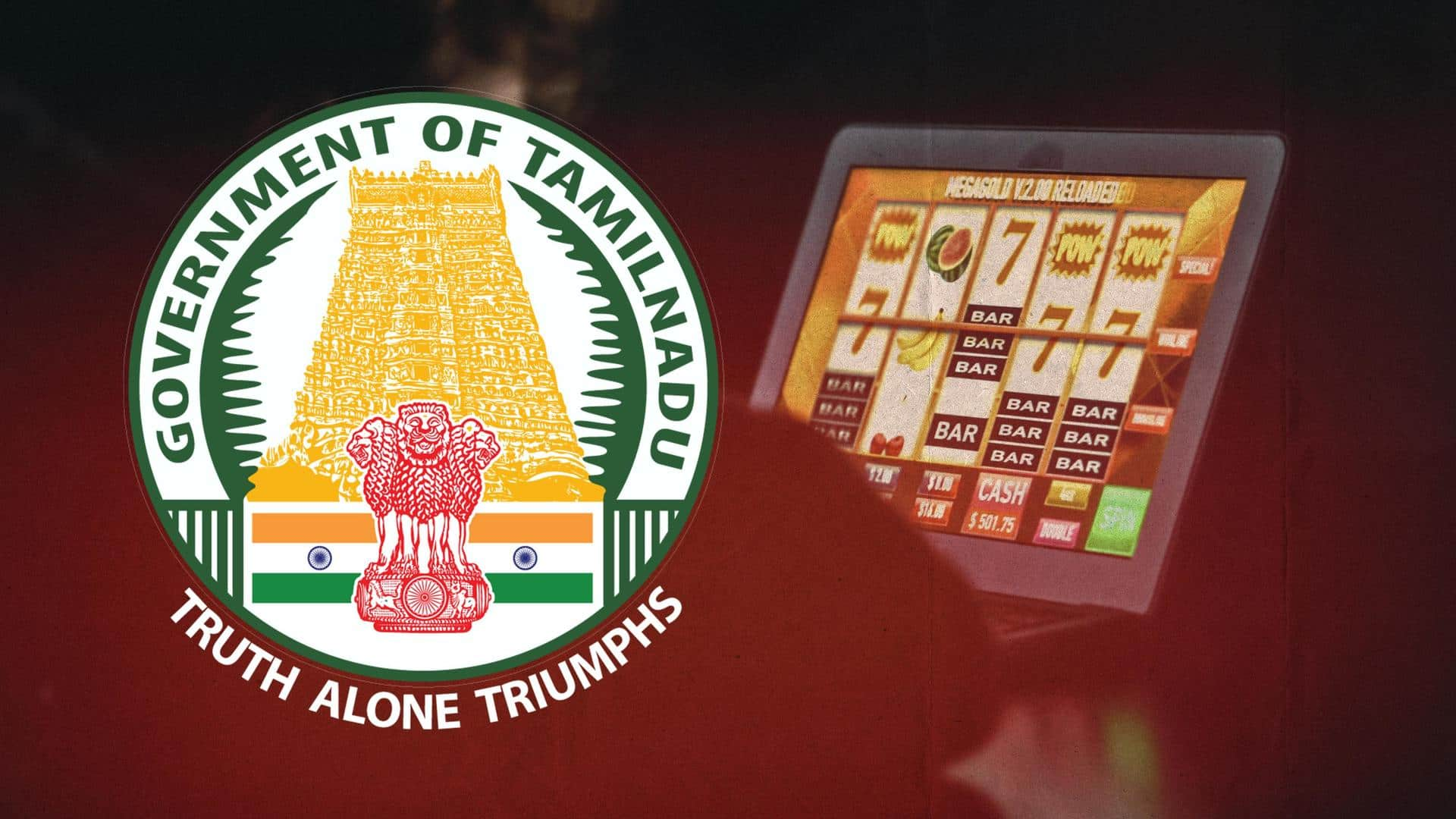
Tamil Nadu's anti-online gambling law: All you need to know
What's the story
The Tamil Nadu government on Monday gazetted the Tamil Nadu Prohibition of Online Gambling and Regulation of Online Games Act, 2022. Under the act, persons found indulging in online gambling or online games involving money or other stakes will face imprisonment of up to three months or a fine of up to Rs. 5,000 or both. Here is all you need to know.
Context
Why does this story matter?
The legislation was allegedly enacted after several people committed suicide over losing money in online games. The Madras High Court earlier quashed the Tamil Nadu Gaming and Police Laws (Amendment) Act, 2021, which prohibited online betting, observing that it was beyond the Constitution's purview. The legislature later passed a Bill which was based on the recommendations of a government committee and public consultation.
Penalty
What are the penalties entailed by the act
The act states that those found advertising, promoting, or enticing people to indulge in online betting will face a jail sentence extending up to a year or a fine up to Rs. 5 lakh or both. Similarly, those who facilitate online gambling by providing services will be punished with imprisonment up to three years or a fine up to Rs. 10 lakh or both.
Details
Game of skill or chance: Contentious points of the act
The act bans games of chance played for money or other stakes, including games such as Rummy and Poker, in contrast to the Supreme Court, which had recognized the two games as games of skill. The Tamil Nadu Online Gaming Authority, established under the act to regulate online gaming, will identify games of chance and recommend their inclusion in the schedule of banned games.
Rights
Jurisdiction limited to state, but regulation beyond local providers
The online gaming authority may also impose time or monetary restrictions on service providers who are based outside Tami Nadu and are found to be violating the act's provisions. However, the act is limited to the state and any imposition on service providers may violate fundamental rights such as the right to freedom of expression and the right to life and personal liberty.
Information
Governor had approved act last week
Notably, while Governor RN Ravi gave assent to the act last Friday, the Raj Bhavan informed the state government about it on Monday. The same day, the state Assembly passed a resolution requesting that the time limit for governors to approve the bills be set.